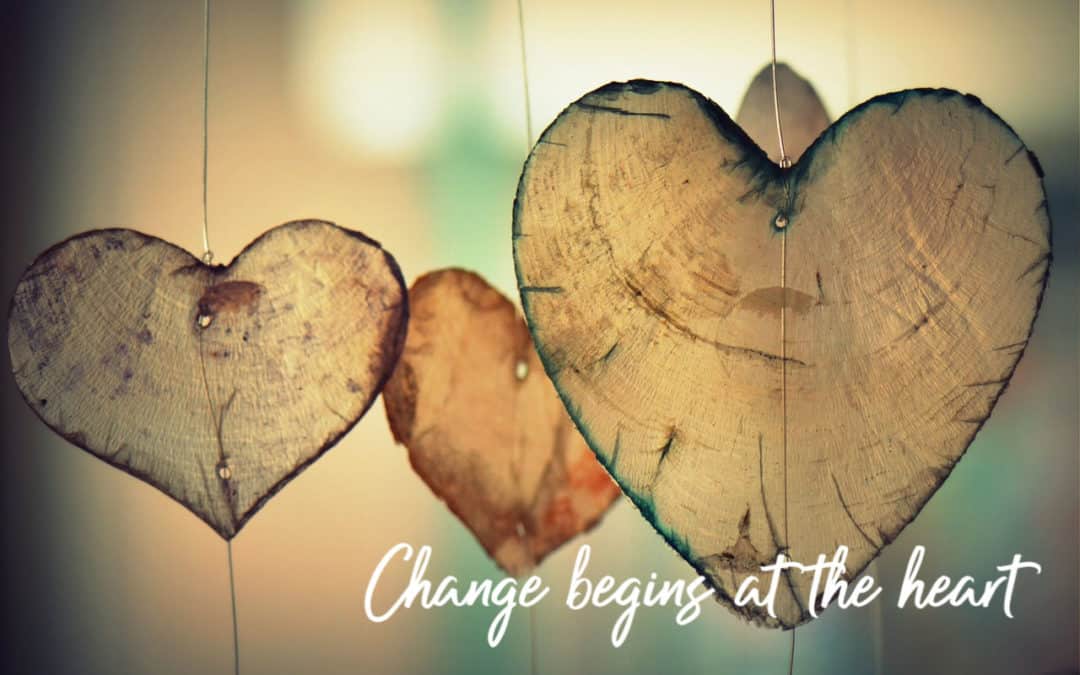Compassion is a core value and at the heart of everything we do at Houston Recovery Center. After all, the two hearts in our logo reflect the spirit of our brand. But compassion goes beyond an image or words on a page.
One of the ways that Houston Recovery Center shows compassion is by hiring recovery support specialists who have lived experience in the trenches with substance use disorder and the recovery process, which can include a stint in jail or living on the streets.
“Our clients are human beings, not objects,” says Tralanquelina Hinton, recovery support specialist manager. “We love them until they can love themselves. It’s easy to do because we’ve been where they’ve been – to feel hopeless and helpless.”
Hinton relates that it took team members from multiple organizations to help get her where she is today. As a result, it is a priority for her to be a part of something offered to the community that she was a part of — those who are homeless and suffering from substance use disorder.
Power of Storytelling
Stories of compassion and acts of kindness to clients can bring a smile to any face. These examples never get old. Cedric King, lead recovery support specialist, shared how he’s taken his shoes off and given them to a man with no shoes. He describes it as a returned favor anytime he’s able to help others. Another example shares how Douglas walked 20 blocks to a healthcare facility with a client who had a medical appointment and was afraid to get into the transport van. Houston Recovery Center employees routinely walk alongside clients in their recovery process but this took the meaning to another level.
Employees don’t do these things for the praise. It’s truly in their hearts to show compassion to others in need, just like someone did for them.
“It wasn’t until I had a stint in prison that I realized what people were trying to get me not to be,” says Brandon Wyatt, recovery support specialist. “I was able to turn around and give compassion to others.”
Wyatt also connects with hearing-impaired clients since he is fluent in American Sign Language.
“When someone takes the time to communicate with a deaf person, it means the world to them,” Wyatt relates. He learned sign language as a necessity to communicate with his deaf brother but it’s paying dividends in the workplace, as well.
Peer to Peer
Courtney Gobel, recovery support specialist, agrees about the power of other people pouring into your life. When she was suffering from substance use disorder and lost her child, another woman reached out and said, “I’ve been there — take my hand.” Gobel says it is our obligation to reach out to others.
“By showing them resources and my lived experience, they can see that recovery is possible,” Gobel relates. “It makes it easier to have a peer to support you.”
The value of recovery support specialists working with clients, as peers, in their lowest of lows is invaluable.
“No one can talk to another addict or alcoholic like another addict or alcoholic,” said Lauren Anderson, former Houston Ballet principal dancer, in a recent KPRC Channel 2 segment about her alcohol and cocaine use and nine-year recovery. Anderson, now a person in long-term recovery, serves as an ambassador for Houston Recovery Center and mentors others in the addiction community.
Change Begins at the Heart is a guiding principle at Houston Recovery Center … the heart to know that change is possible, that addiction doesn’t define anyone and that recovery can be a slow and successful process.
